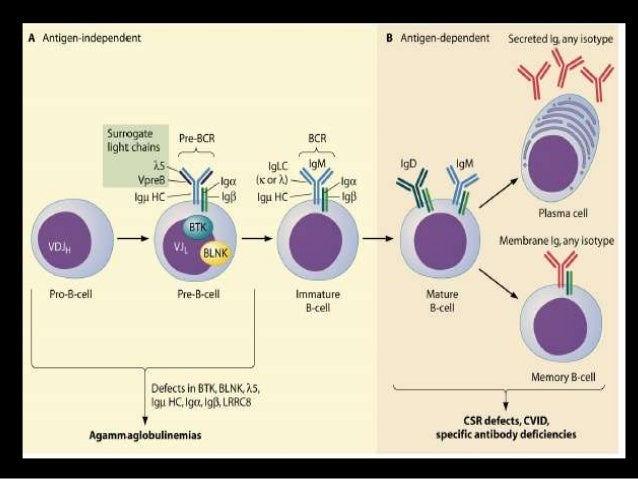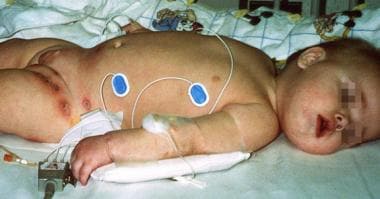
They hope to make life easier, reduce the burdens, and enable children to have a second chance at life. The Jeffrey Modell Foundation - Their “Roots & Wings” program was established to provide travel, “Wings”, and related support, “Roots”, to families whose child has been identified with a potentially life threatening Primary Immunodeficiency.There are several organizations that provide financial assistance specifically for these families. Some families lack the resources necessary to provide for a child who needs continuous medical treatment. The medical cost of X-linked agammaglobulinemia can be difficult for some families.
#X LINKED AGAMMAGLOBULINEMIA HOW TO#
The Immune Deficiency Foundation provides information on how to best transition care for people with primary immunodeficiencies like X-linked agammaglobulinemia. X-linked agammaglobulinemia support groups may also provide information or support on how to move from pediatric care to adult care services and what to expect. Some hospitals have programs to help children with chronic disease transition to adult care services. Adolescents should be encouraged to make decisions about their care as early as possible to make this transition easier. They must bear greater responsibility for decisions concerning their health.

They must manage their disorder and manage their medications. Another challenge in moving to adult care is that young adults must take greater responsibility for their health. It can feel like 'starting over' as you'll begin to work with new doctors and a new medical team. One big change is leaving a doctor with whom you have a long-standing relationship, a doctor who is familiar with both your condition and you. Many people with X-linked agammaglobulinemia find it challenging when it's time to move (transition) from pediatric to adult health care services. The Sibling Support Project is a nonprofit organization that serves the concerns and needs of siblings of people with special health, developmental, and mental health needs. Some children may benefit from support outside of the immediate family including therapists or doctors. Parents are encouraged to make time for activities especially for healthy siblings and to talk with and encourage healthy siblings to address their concerns and feelings.

Siblings can help with the care of their sibling with the chronic illness. Parents can work with their other children by having clearly defined roles and responsibilities within the family structure. Although studies have shown that siblings of children with chronic illness tend to develop strong levels of compassion and empathy, these studies have also shown that siblings can develop feelings of jealousy and anger and high levels of anxiety. As with similar disorders, it is easy for healthy siblings to feel as if they have been pushed aside. X-linked agammaglobulinemia may demand a lot of time and focus from parents. Will my insurance cover treatment for X-linked agammaglobulinemia? How can my doctor learn about X-linked agammaglobulinemia?

Should I tell my child's school the diagnosis of X-linked agammaglobulinemia? What is the life expectancy of someone with X-linked agammaglobulinemia? Where can I get financial help for X-linked agammaglobulinemia? Should individuals with X-linked agammaglobulinemia quit smoking? Should my child with X-linked agammaglobulinemia take all of his antibiotic medication if he's feeling better? Should my child with X-linked agammaglobulinemia be vaccinated?Īre there any drugs that should be avoided by people with X-linked agammaglobulinemia? Is proper sleep important for people with X-linked agammaglobulinemia? Is exercise important for people with X-linked agammaglobulinemia? How do children with X-linked agammaglobulinemia go from pediatric care to adult care? Is eating right important for people with X-linked agammaglobulinemia? What can I do for siblings of kids with X-linked agammaglobulinemia? Can my child with X-linked agammaglobulinemia play sports?


 0 kommentar(er)
0 kommentar(er)
